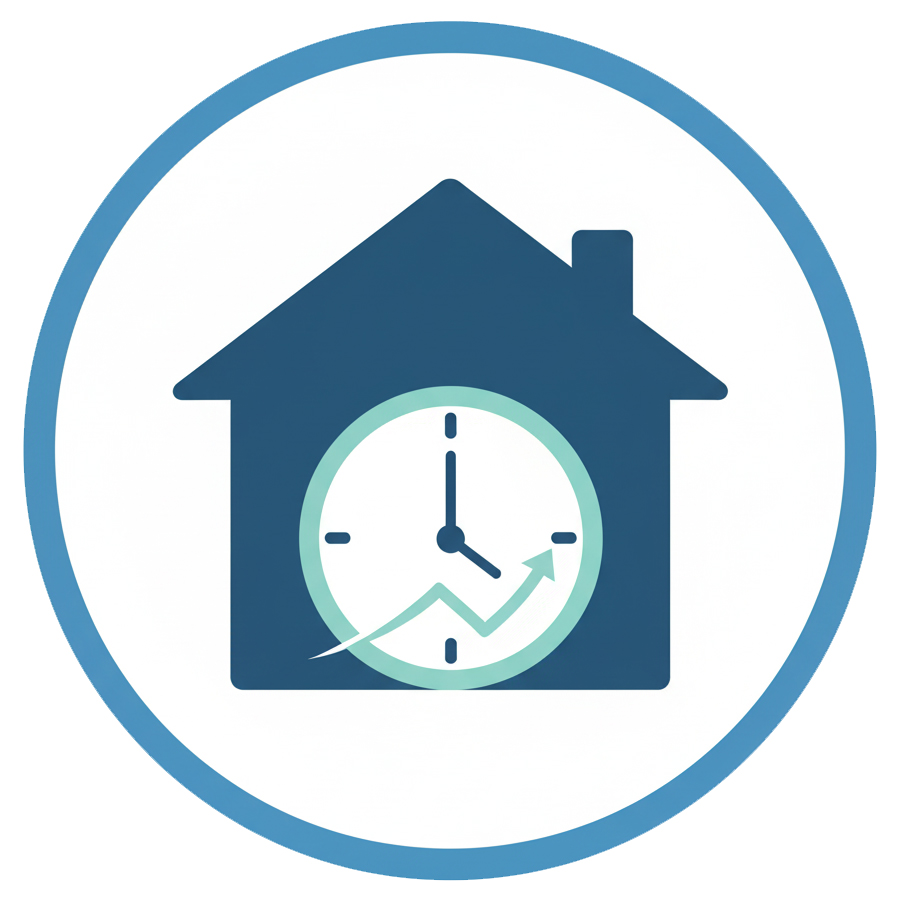
Mortgage Minute: Sept 26, 2025
The Greater Toronto Area housing market is at a complex crossroads, sending conflicting signals to buyers, sellers, and homeowners. For anyone planning their next move, understanding the latest Toronto mortgage and real estate update is critical for building a sound financial strategy. This week, a powerful combination of slowing population growth, a crisis in the new construction sector, and volatile bond markets has created a landscape of deep uncertainty. Here’s what you need to know.
1. The Demand Shock: Population Growth Grinds to a Halt
For years, robust immigration has been a primary engine of the GTA housing market. That engine has now stalled. New data from Statistics Canada shows population growth slowed to just 0.1% in the second quarter—the lowest rate for that period since 1946 (excluding the pandemic).
- What’s Happening: This is a direct consequence of tighter federal policies on non-permanent residents.
- The Mortgage Impact: For the Toronto condo market and rental sector, this is a significant shift. Reduced demand is putting downward pressure on property valuations. This can impact homeowners looking to refinance by limiting their available equity and introduces new risks for investors seeking financing on rental properties.
2. The Supply Crisis: New Home Sales and Pre-Construction Financing Risk
While demand is softening, the GTA’s new home market is in what can only be described as a “deep freeze.” August sales of new condominiums fell to just 118 units, a staggering 90% below the 10-year average, according to market reports.
- What’s Happening: A record-high inventory of unsold new homes is building up across the region.
- The Mortgage Impact: This presents a critical and immediate risk for anyone with a pre-construction unit scheduled to close. With market values falling, there is a serious danger of the property’s appraised value coming in below the original purchase price. This “appraisal gap” can create a sudden financing shortfall that the buyer is responsible for covering at closing, a situation that can put a purchase in jeopardy. A clear financing strategy is essential for navigating this risk.
3. The Rate Question: Bond Market Volatility and Your Mortgage Strategy
The decision on fixed vs variable rates for 2025 has become increasingly complex. While economic weakness suggests the Bank of Canada may cut its rate again, the bond market—which controls fixed mortgage rates—is telling a different short-term story.
- What’s Happening: After trending down for months, the 5-year Government of Canada bond yield has ticked up over the past 10 days due to market concerns over government spending and inflation.
- The Mortgage Impact: This volatility means the window for securing the absolute lowest fixed rates may be closing. It makes a rate hold a powerful tool, allowing you to lock in a rate for up to 120 days while you shop.
Your Strategic Path Forward in the GTA Housing Market
This market is sending conflicting signals that require a tailored mortgage strategy for Toronto buyers and owners.
For Homeowners: The potential for lower property valuations means that if you plan to access your equity, it is wise to start the process sooner rather than later. For a detailed guide on this process, you can download my Refinance Roadmap.
For Prospective Buyers: A combination of softening prices and rate volatility creates a strategic opportunity. Getting underwritten upfront gives you the confidence to act decisively when the right property appears.
For Business Owners: A shifting market can present unique opportunities to leverage business income for a purchase or refinance. If you are self-employed, understanding your options is critical. You can learn more in my Business Owners Mortgage Toolkit.
In this environment, a proactive financing strategy is your best defence. To discuss how these market shifts create specific risks and opportunities for you, schedule a confidential consultation today.
Sources:
- post sources available upon request
